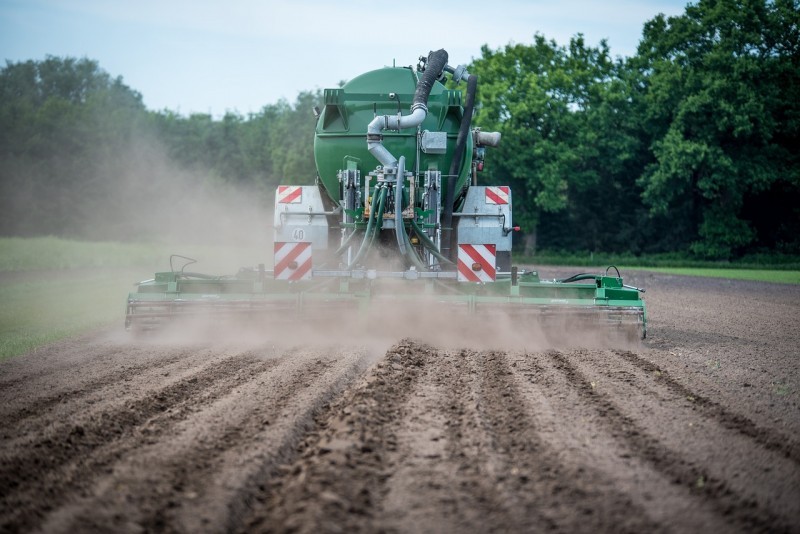(3 minutes read)
Zambia’s consumption of fertiliser is estimated at 800,000 tonnes annually, but inadequate local production results in importations of the commodity to meet the shortfall.
Zambia’s consumption of fertiliser is estimated at 800,000 tonnes annually, but inadequate local production results in importations of the commodity to meet the shortfall. In recent years, the importation of fertiliser and other agricultural inputs, during the pre-planting season, has exerted excessive pressure on the Kwacha, thereby causing its depreciation during the period.
Nevertheless, a sigh of relief is on the horizon as Zambia will soon become self-sufficient in both urea (top dressing) and basal (D-compound) fertilisers production once the second phase of the US$600 million United Capital Fertilizer (UCF) Company Limited urea and ammonia plant is commissioned within 30 months.
The first phase of the UCF plant was to construct a D-compound (basal) factory, which was accomplished at a total cost of US$138 million. The plant became fully operational last September with an installed capacity of 300,000 tonnes annually, and some of the commodity was supplied and delivered to the Government under the Farmer Input Supply Programme (FISP).
Read Also:
https://trendsnafrica.com/zambia-lays-importance-to-up-agricultural-production/
https://trendsnafrica.com/761-5-million-us-funding-to-mitigate-hiv-aids-pandemic-in-zambia/
https://trendsnafrica.com/zambia-clocked-300-growth-in-mobile-money-transactions/
The second phase will bring on board an additional 300,000 tonnes of urea, and 180,000 tonnes of ammonia, which has both industrial and agricultural use. Given this foregoing, one can project that the UCF manufacturing plant will be a game changer as far as the Zambian agriculture sector is concerned.





